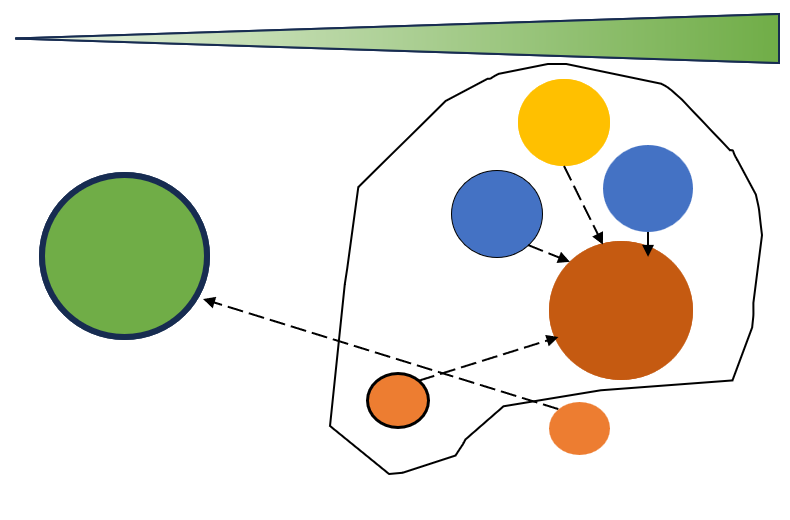cross-posted from: https://lemmy.ca/post/12225995
cross-posted from: https://lemmy.ca/post/12225991
TL;DR: The common view on Meta’s Threads is that it will be either all good or all bad, leading to oversimplified and at the end contra productive propositions like the Fedipact. But in reality, it’s behaviour will most likely change dynamically over time, and therefore, to prevent us getting in a position, in which Threads can actually perform EEE on us, we need to adapt a dynamic strategy as well.



So, we went from the somewhat imaginary “google killed xmpp” to fully fictional “Microsoft killed xampp” now? it’s almost like the fedipact people literally have no clue what they are talking about.
Yeah all the EEE/“Threads will kill us” talk reminds me of how Slack killed IRC by first offering an IRC gateway, and then killing off support. And after that IRC literally died.
/s
I saw a post here about how Threads’ biggest enemy at this point is antitrust, and a federated approach is a clever way around that. I think that makes much more sense than the EEE narrative.
deleted by creator
deleted by creator
Yeah sorry. That was a mistake but I changed it now :)